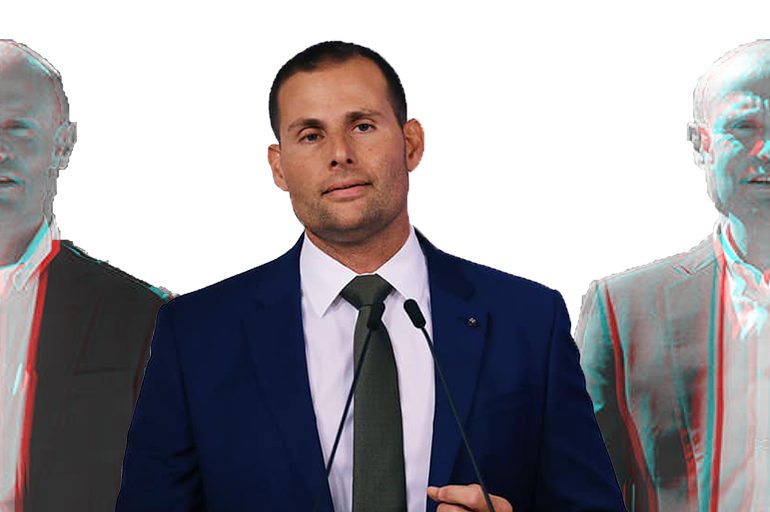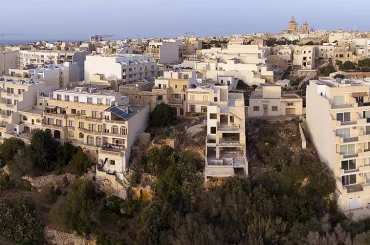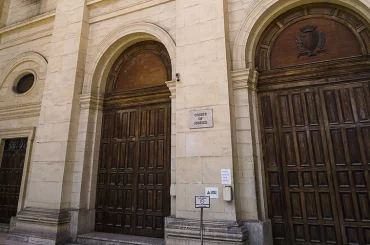Robert Abela demonstrated political weakness when he spoke to reporters outside parliament yesterday and amplified Joseph Muscat’s inflammatory rhetoric and bid to be investigated on his terms.
The reaction of Muscat and Abela following a search of the former’s house in the course of a magisterial inquiry may also intimidate the inquiring magistrate, as well as interfere insidiously or obliquely in an ongoing investigation.
Let's not forget that the inquiring magistrate has to use the police to carry out some of the investigatory tasks. And there are those in the police that would feel under pressure from Abela's rhetoric.
It’s not for the government of the day to place trust in the judiciary – and expect that trust to be maintained – but for parliament and the people under the constitution.
It started with an 8-minute Facebook video blog by Muscat in which he said he had offered to testify in the inquiry and prepared a file of evidence to prove his innocence. He then added that the confiscation of his children’s phones was unwarranted or excessive, and started hinting that he was the victim of some ploy to humiliate him.
Although Robert Abela was more circumspect later in the day when he spoke on the matter to reporters outside parliament, he also alluded to Muscat’s offer to the magistrate to testify and also said he could not understand why Muscat’s children’s phones had to be confiscated. He then said that the institutions – read: the court, the police – had to maintain the trust placed in them by the government.
Such comments by Abela show hubris and political ineptitude. Hubris because the judiciary is established and entrusted by the constitution, not the government, and they are supposed to be independent of the government. It’s not for the government of the day to place trust in the judiciary – and expect that trust to be maintained – but for parliament and the people under the constitution. And ineptitude or low confidence because he could have been Prime Ministerial and stately, and shown that he has stepped out of Muscat’s shadow, by taking the line that investigations-have-to-take-their-course before commenting.
Abela seems to have forgotten that an investigation or inquiry is defined and led by the person investigating, not the investigated.
Why is Joseph Muscat so eager to be investigated on his terms?
Irrespective of Muscat’s offer to testify and bring along documentary evidence, it is normal procedure that the home and/or office of the investigated is raided and searched. How can an inquiring magistrate be assured that there is no more evidence in the home of someone being investigated other than what he would bring along with him in his offer to testify and provide documents?
Likewise, it might well turn out that there is nothing incriminating on other family members’ phones – just as it may well turn out that Muscat has not done anything wrong – but an inquiring magistrate can’t be faulted for feeling that all the families phones have to be swept to be sure.
Muscat’s reaction is worrisome. After he failed in his bid to be investigated on his terms, he resorted to the 8-minute video on Facebook in which he made a veiled threat that he would start making noise on his terms – he had to emphasis that he would do it on his terms: that he would speak when he chooses, where he chooses, and how he chooses – and possibly mobilise his supporters.
And Abela?
By amplifying Muscat’s inflammatory rhetoric, he has shown weakness and that can only embolden Muscat and his supporters. It would have been wiser for Abela to take a more reticent, let-the-investigations-conclude approach, because Muscat's “noise” – if it gets to that – would risk causing division within the party in an election year and complicate Abela’s own grip on the party.





